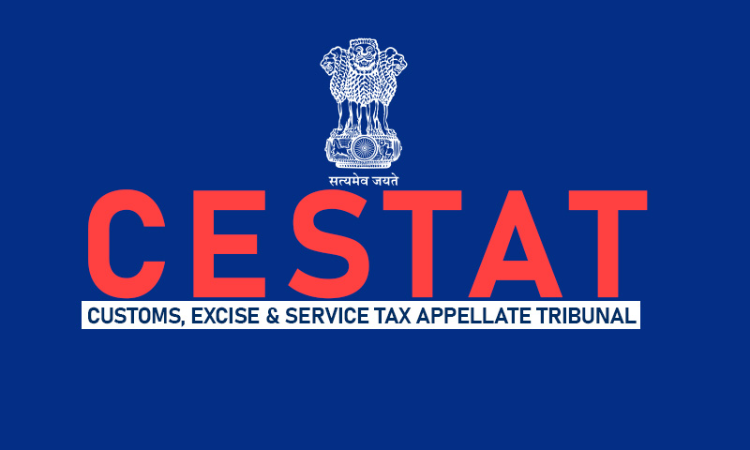The Chennai Bench of Customs, Excise, and Service Tax Appellate Tribunal (CESTAT) has held that incentives given to audit-authorised service stations are not 'business auxiliary services'.The bench of Sulekha Beevi C.S. (Judicial Member) and Vasa Seshagiri Rao (Technical Member) have observed that the demand has been made under the definition of service under Section 65 (44) B. There is...

